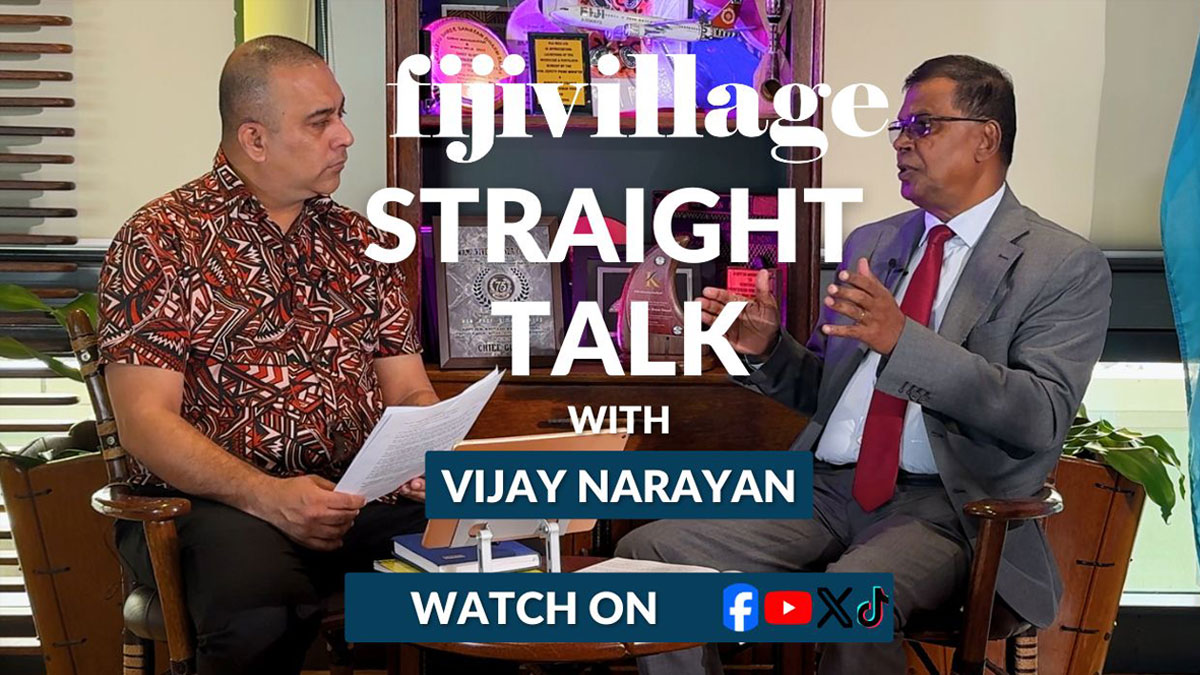
The pomp and ceremony of King Charles III's coronation is over, but the spectacle has reignited debates about slavery, colonial legacies and republicanism.
Just as the monarch's reign is beginning, a number of Commonwealth realms are considering independence and re-examining the legacy of British colonialism.
Some Caribbean and African leaders are also pushing for reparations from governments and institutions for the suffering and damage caused by the trans-Atlantic slave trade.
According to the abc.net.au, Sinai Fleary, an educator and journalist from the Afro-Caribbean newspaper The Voice says the answer has always been no, that's in the past, it's time to move on.
Fleary says but the wealth that was extracted from slavery, colonialism, that's not in the past, that's on display for us all to look at.
She says we have to sit and watch, while they have a party with it.
A senior Jamaican government minister told Sky News UK last week the coronation has accelerated the country's plan to become a republic – which could take place as early as 2024.
King Charles has announced he will confront his own family's history and examine the monarchy's links to slavery, last month issuing a statement saying he took the issue "profoundly seriously."
Buckingham Palace says it will allow independent researchers access to the royal archives to examine records from the 17th and 18th centuries.
While attending the Commonwealth Heads of Government Meeting in Rwanda last year, the King came close to an apology.
When Barbados removed Queen Elizabeth II as their head of state and become a republic in November 2022, the then Prince of Wales attended the transition ceremony.
He told crowds that the nation endured the "appalling atrocity of slavery" which he said would "forever stain our history."
Some royal watchers say allegations of racism within the palace have added further fuel to the fire.
[Source: abc.net.au]
Stay tuned for the latest news on our radio stations

